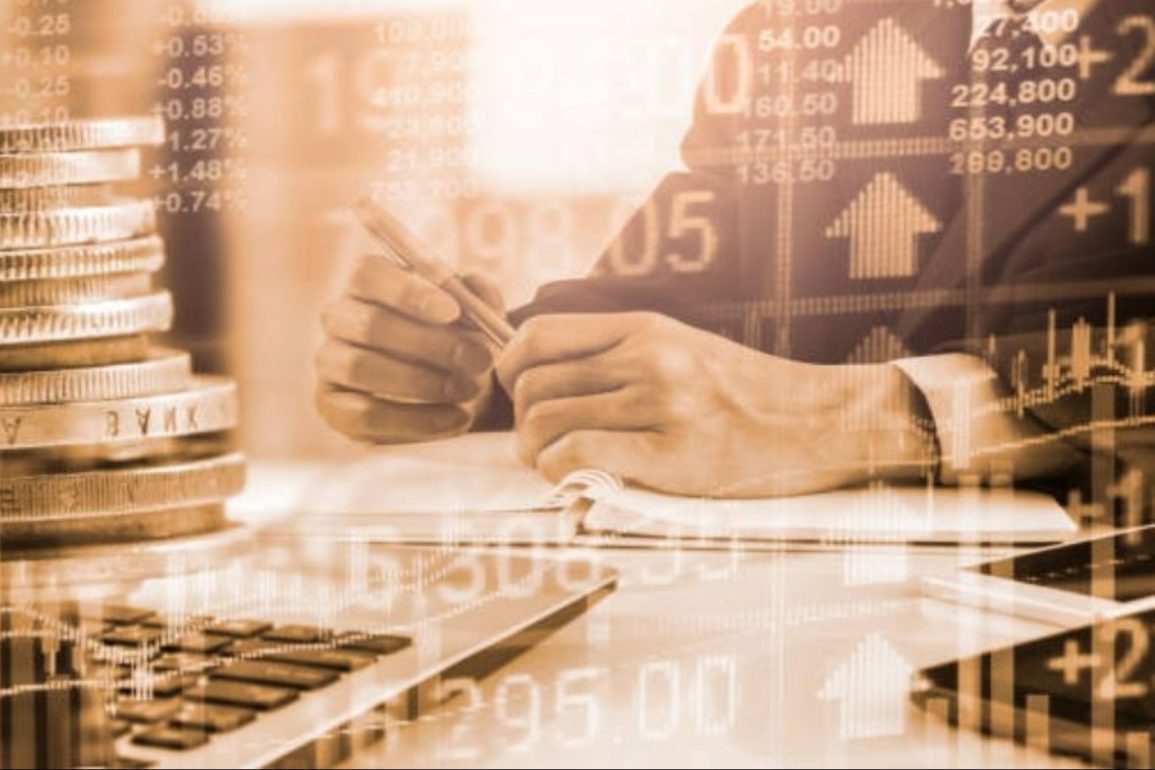- Summary:
- One of the biggest struggles traders face is how to control emotions in trading. We discuss useful tips on how to do this successfully.
Table of Contents
One of the most important skills every trader needs to learn is how to control emotions in trading. Admittedly, it is nearly impossible to trade all the time without emotion ever creeping in. However, seasoned traders are typically careful not to let a single, impulsive mistake jeopardise their investments. The trick is to understand and control these emotions by keeping calm even when the market becomes hot. However, it takes time and effort to master how to trade less emotionally.
To keep your emotions in check when trading, you must first become aware of their causes and the extent to which they influence your actions.
Types of emotions in trading
Fear: Fear is one of the costliest emotions typical of traders. In trading lingo, this can also present itself as Fear Of Missing Out (FOMO) when a trader is worried about losing money or passing up a great opportunity. Under such circumstances, some traders can either react impulsively or be so afraid to the extent of not taking any action at all. Trading with an oversized position puts you at greater risk and could lead you to make blunders you would have avoided if you had stuck to your risk tolerance level.
• Greed: When traders are desperate for a quick buck, they may put their greed ahead of common sense and take risks that aren’t necessary. Investors who are overly optimistic about profits will stay in the market even when they are hemorrhaging losses. On the other hand, those who are very pessimistic about the market’s stability will cut their losses too short.
• Overconfidence: Following a run of profitable trades, some traders tend to to get cocky and start being overconfident in their trading skills. When traders experience a run of consecutive wins, they tend to get careless and raise their risk levels.
• Revenge trading: Traders may resort to “revenge trading” after suffering a loss in an effort to recoup the losses incurred in the previous trades. This often leads to riskier and emotion-fueled trades.
How to control your emotions in trading
Reduce Your Trade Size
One of the most effective ways to tackle emotions is to trade in sizes that would not adversely affect you if they resulted in losses. No matter how solid you believe a setup is, you should always have a risk ceiling that you must never exceed.
Have a trading plan
You can better manage your emotions when trading if you establish your own universal rules to follow. As part of your rules, you may decide how much you are willing to risk per trade. Rather than letting your emotions get the best of you, you should be disciplined enough to have faith in your plan and adhere to it.
Use stop-loss and take-profit orders
Stop Loss and Take profit are ceilings and floors that you can put on your trades to avoid having your emotions get the best of you. These tolls are practical and emotion-free ways to lock in profits and control risk with precision.
Take breaks
Do not overtrade. To avoid burnout, keep a clear head and develop patience, you should take regular breaks from trading. If you’re having trouble focusing after a particularly trying trading session, take a break from your desk.
Keep a trading journal
One way of knowing what triggers your emotions is by documenting your emotions and thoughts before, during, and after each trade in a trading journal. You can then read through the journal before making the next trade to learn from your previous successes and mistakes.
Bottom line
Feeling emotional about your trades is perfectly normal- after all you have invested your time and resources in them. However, knowing how to act on your emotions can make all the difference between returning a profit and incurring losses. Understanding what triggers your emotions and how they impact your state of mind is more important than trying to bury or ignore them. When you understand your trading psychology, you can increase your chances of making a profit by avoiding making decisions based on bias, fear, or other emotions.


